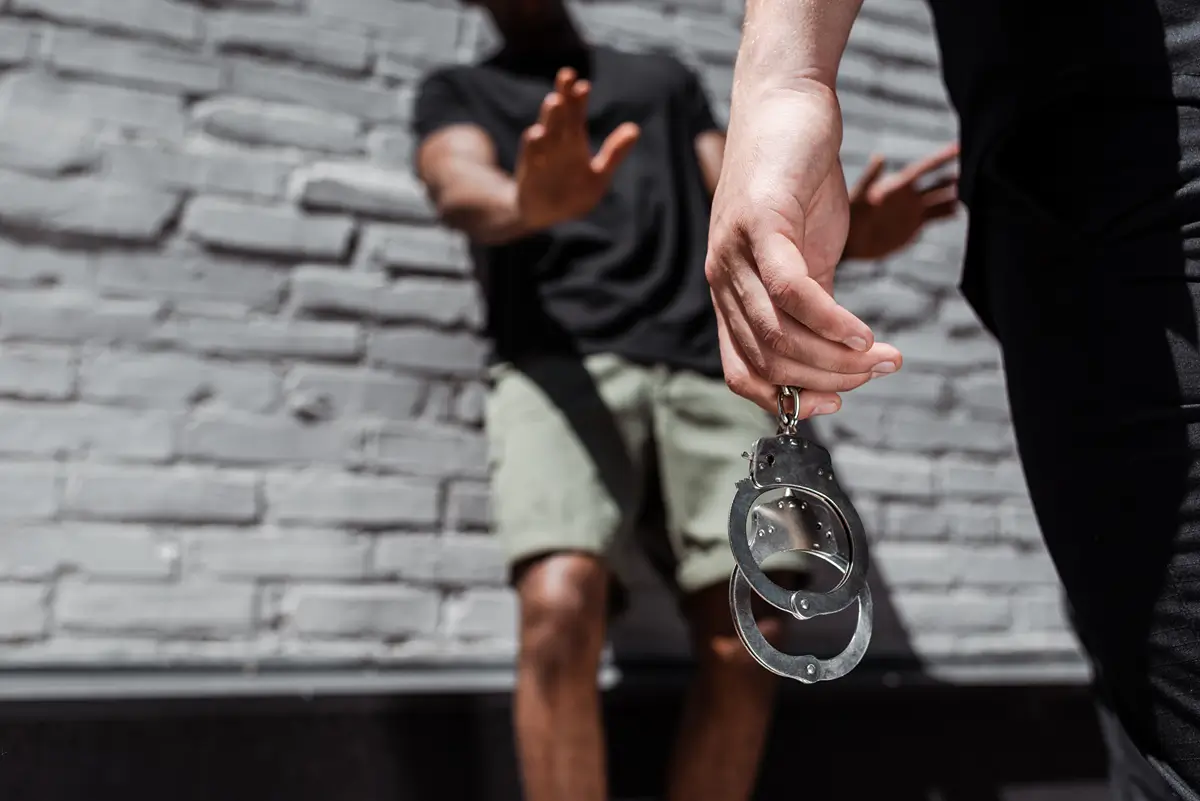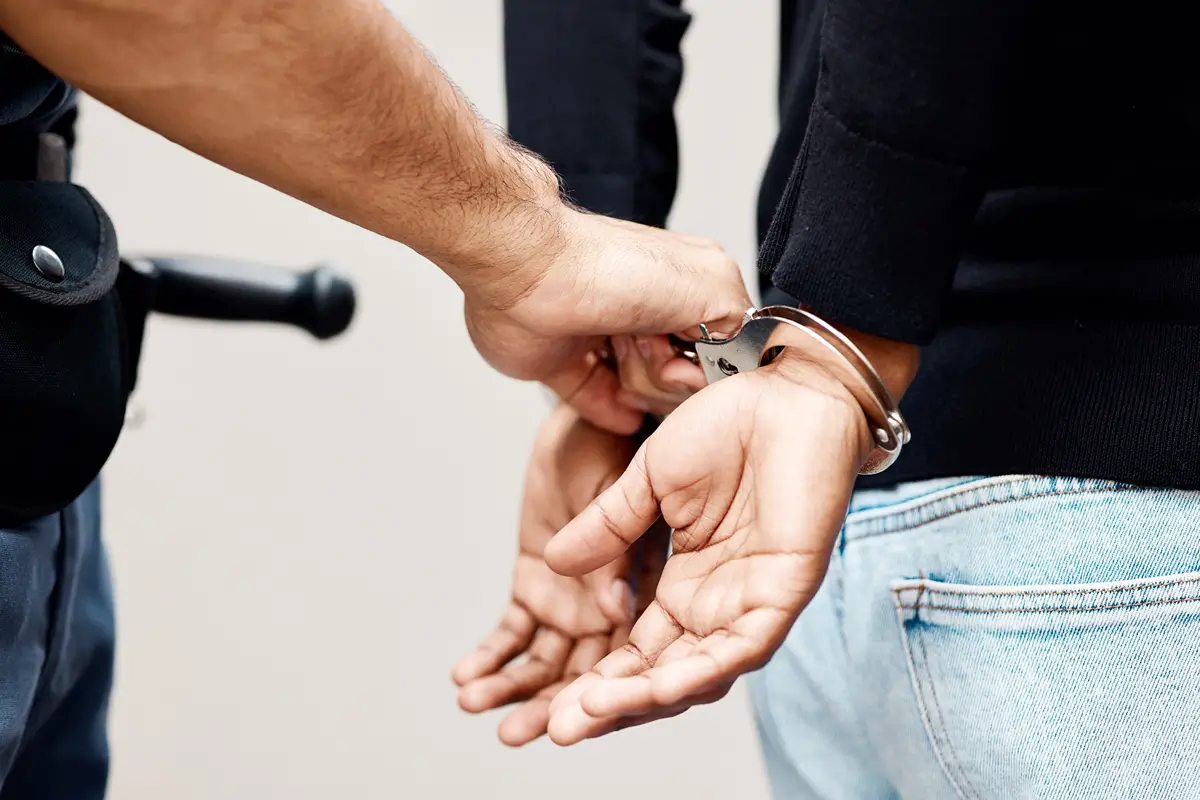It’s no secret that people who are in the grips of substance abuse are unpredictable and liable to behave in ways they wouldn’t ordinarily. This is true for almost every type of intoxicating drug, including alcohol. Violence, in particular, has long been associated with substance abuse and addiction. Study after study has discovered connections, including some staggering statistics: nearly one-third of all murders in the U.S. are linked to alcohol use or abuse, while up to 60% of reported incidents of domestic abuse involved drugs or alcohol.
What’s more, it’s not only the abuser who may be using; the victim might turn to drugs to cope with the situation; their abuser may even force them to get high. The National Center on Domestic Violence, Trauma & Mental Health (NCDVTMH) has found that 47% of women in addiction treatment had experienced intimate partner violence (IPV).
What happens when the drug of choice is a prescription drug? Let’s take a look.
Controlled Substances, Out-of-Control Behavior
Controlled substances are those that pose a risk of addiction or abuse. They include not just “street drugs” like cocaine, heroin, methamphetamine, or hallucinogens like LSD and MDMA but also prescription medications with legitimate medical use. Some of the most addictive in this category are opioids like Oxycontin and morphine, stimulants such as Adderall or Ritalin, sleeping pills like Ambien, and benzodiazepines including Xanax and Klonopin.
Some substances are more closely associated with violence than others. Stimulants, anabolic steroids, and alcohol may lead to angry outbursts and violent or abusive behaviors. People who abuse central nervous system depressants and opioids, on the other hand, may not be as likely to become aggressive or violent while under the influence but are apt to do so when withdrawing from these powerful substances.
These trends hold true for illegal substances and those that are legal when prescribed but illegal to misuse—like prescription opioids or stimulants.
Tackling These Issues Together
No matter what the substance, the effect of its misuse or abuse on IPV makes addressing either issue a tricky matter. It’s not productive, or even possible, to separate the two problems and treat them individually; each must be considered in context, and their interrelated nature cannot be ignored. There are always exceptions, of course, but many cases require a combination of addiction treatment and criminal consequences to treat the combination of drug or alcohol abuse and criminally violent behavior.
An experienced attorney is invaluable for defendants who want to turn over a new leaf by undergoing treatment for substance abuse. Depending on the situation and the defendant’s record, the attorney could negotiate for a lesser sentence that includes mandatory treatment for substance abuse or even substitute such treatment for incarceration.
If you find yourself in similar straits, it’s time to contact Razumich & Associates. We have the experience and the compassion necessary to take into account both your criminal plight and your substance abuse issues—and to fight for the optimal outcome for both of them. Call us at 317-449-8661 to schedule a consultation, or use this convenient form.





